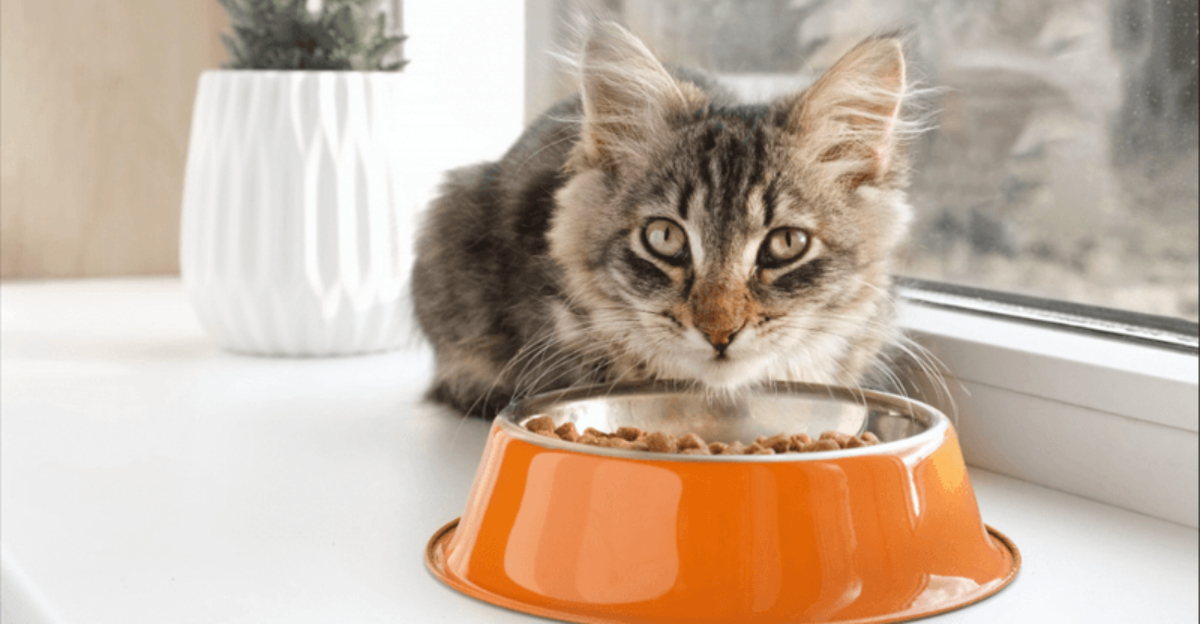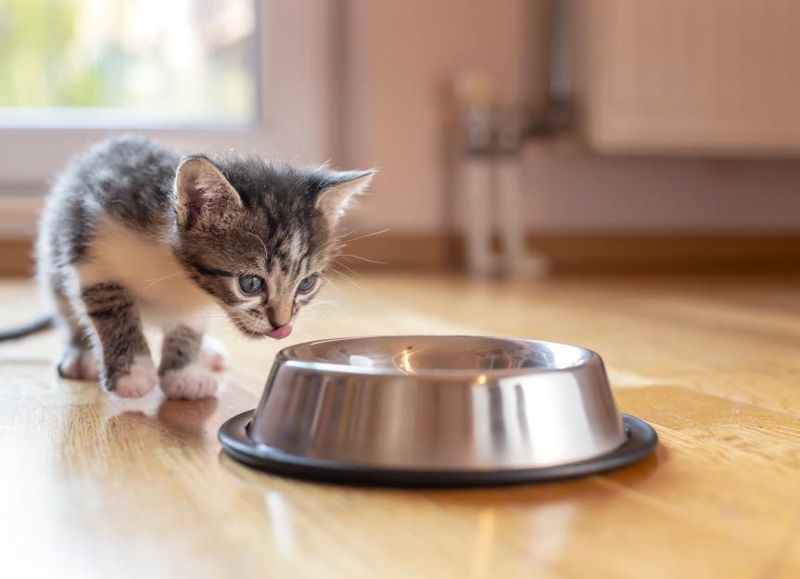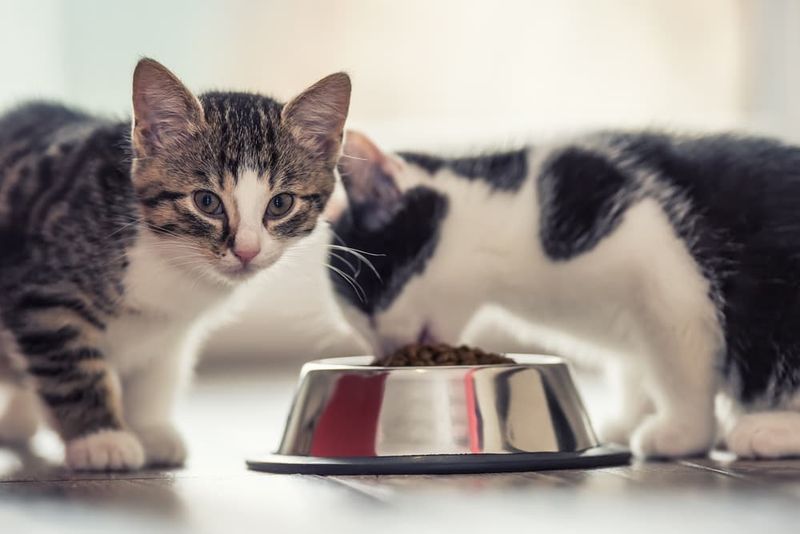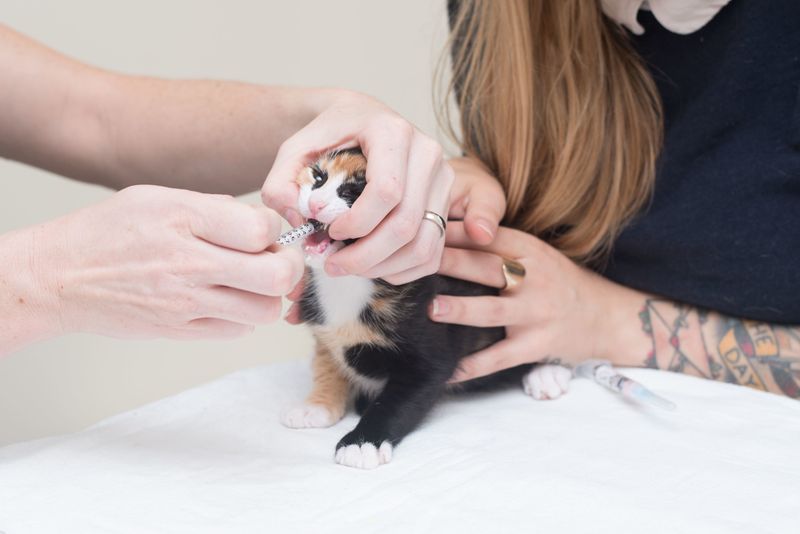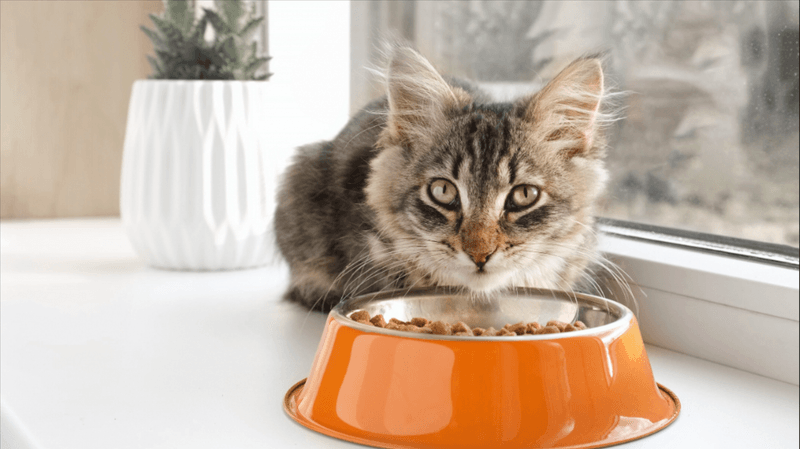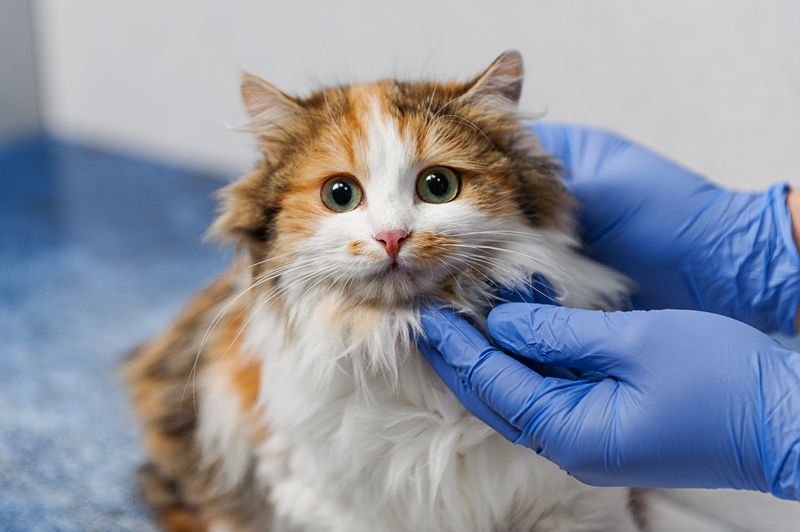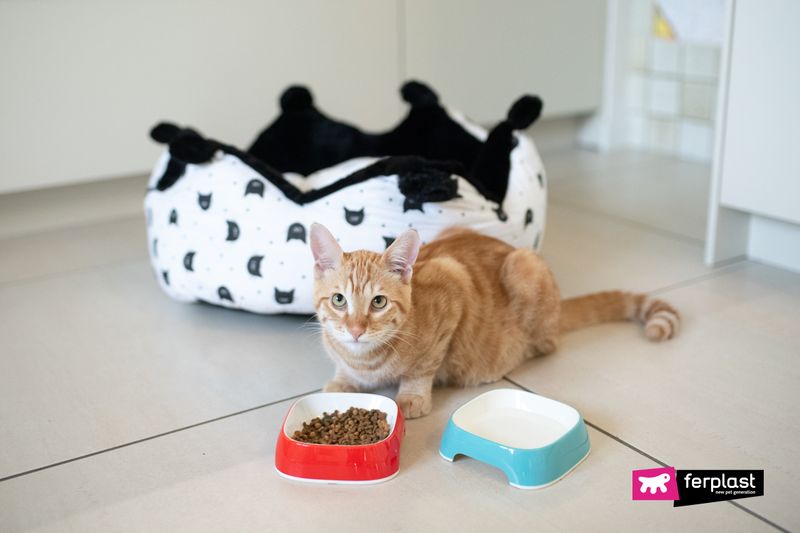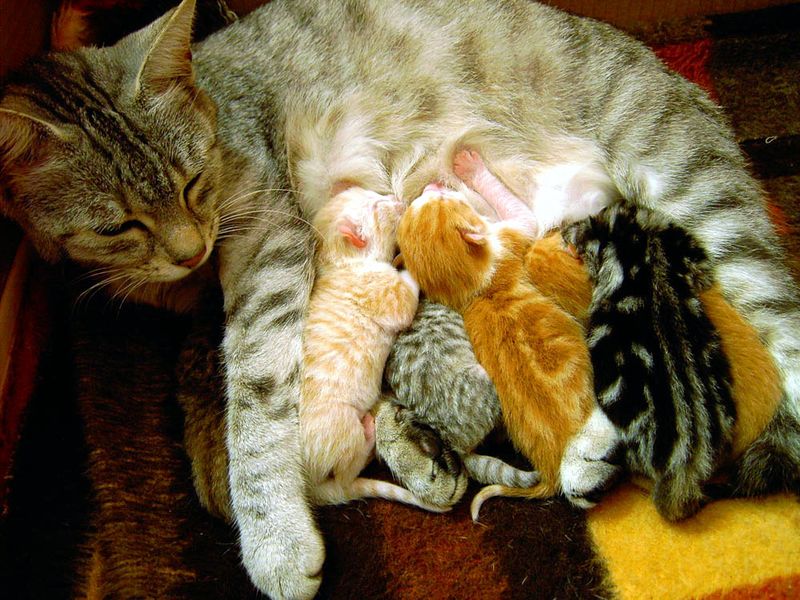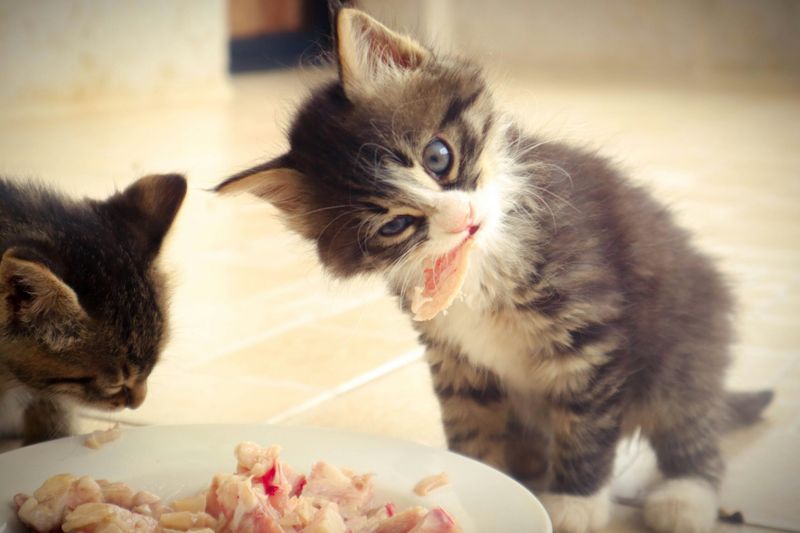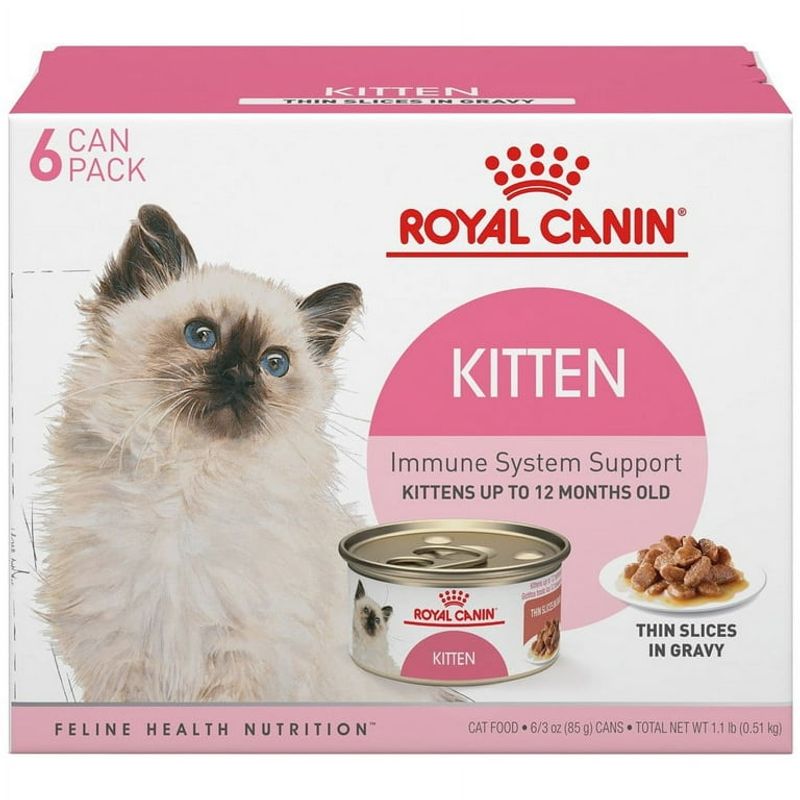📖 Table of Content:
Understanding why your kitten always seems hungry can be perplexing. As a pet owner, it’s essential to distinguish between a normal appetite and underlying issues that may require attention. Here, we explore 11 common reasons your kitten may constantly crave food.
1. High Growth Rate
Kittens grow at an astonishing pace, especially in their first six months of life. This rapid growth requires a significant amount of energy, which is why they often seem insatiably hungry. In this period, their bodies are busy building muscles, developing their immune systems, and preparing them for adulthood.
Feeding them a diet rich in proteins and essential nutrients ensures they receive the necessary energy. It’s crucial to provide balanced meals that support their development without overfeeding.
Proper nutrition during this growth phase sets the foundation for a healthy and robust adult cat.
2. Nutrient Deficiency
Sometimes, what seems like excessive hunger in kittens is actually a sign of nutrient deficiency. Inadequate intake of vital nutrients can drive kittens to eat more as they attempt to meet their body’s needs.
Deficiencies in vitamins, minerals, or amino acids might prompt them to overeat, yet still feel unsatisfied. Ensuring their diet includes a variety of essential nutrients is crucial.
Pet owners should consult with a veterinarian to tailor a diet that meets all their kitten’s nutritional requirements and prevents deficiencies.
3. Parasite Infestation
Parasites, such as worms, can significantly affect a kitten’s appetite. These unwelcome guests consume the nutrients meant for the kitten, leading to increased hunger and a frail appearance.
Regular veterinary check-ups and deworming treatments are vital in keeping kittens healthy and free from parasites. Despite their small size, parasites can have a significant impact on growth and development.
By ensuring proper medical care and hygiene, pet owners can prevent and address infestations effectively, securing their kitten’s health.
4. Inadequate Diet
Feeding an inadequate diet can lead to a constantly hungry kitten. A diet lacking essential nutrients or balanced proportions may fail to satisfy the kitten’s energy requirements.
Ensuring the food provided is well-balanced and suitable for the kitten’s age and development stage is crucial. Different life stages require different nutrients, and kittens need more energy-rich and protein-rich foods.
Consulting a veterinarian for dietary recommendations ensures that kittens receive all necessary nutrients to thrive and grow healthily.
5. Diabetes
Kittens, though young, can suffer from health conditions like diabetes. This disorder affects how their bodies process glucose, often leading to increased hunger.
Symptoms may include excessive thirst, frequent urination, and unexpected weight loss. Diagnosing diabetes early allows for better management of the condition through diet and medication.
Regular veterinary check-ups are crucial for monitoring their health and ensuring any abnormalities are promptly addressed, helping kittens live healthier lives.
6. Hyperthyroidism
Though more common in older cats, hyperthyroidism can occasionally affect kittens. This condition leads to an overproduction of thyroid hormones, increasing metabolism and hunger.
Symptoms may include hyperactivity, weight loss despite increased food intake, and restlessness. Veterinary intervention is necessary to diagnose and manage hyperthyroidism effectively.
Treatment options vary, but early detection is key to ensuring a kitten’s comfort and long-term health. Regular monitoring of thyroid levels helps maintain their well-being.
7. Boredom or Anxiety
Kittens, much like humans, can eat out of boredom or anxiety. A lack of stimulation or heightened stress levels can lead to overeating.
Providing ample playtime and mental stimulation ensures they remain engaged and less focused on food. Reducing anxiety through a calm environment and proper socialization also helps.
Recognizing behavioral cues and addressing them with attention and affection can significantly impact their eating habits and overall happiness.
8. Inherited Traits
Sometimes, a kitten’s insatiable appetite is simply a trait inherited from its parents. Genetic predispositions can influence feeding habits, making them more or less hungry than average.
Understanding their lineage and feeding behaviors can offer insights into their needs. Monitoring their diet and adjusting portions accordingly ensures they maintain a healthy weight.
While genetics play a role, environmental factors and proper care are equally important in managing their hunger levels effectively.
9. Rapid Metabolism
Kittens with a rapid metabolism burn through their food quickly, leading to frequent hunger pangs. This natural trait means their bodies require more energy to sustain their activities.
Providing regular, balanced meals rich in proteins and calories helps meet their metabolic needs. Ensuring they have access to fresh water and maintaining a feeding schedule supports their overall health.
Understanding their unique metabolic rate guides pet owners in providing the best dietary care possible, promoting growth and vigor.
10. Pregnancy
In rare cases, young female kittens may become pregnant, leading to increased hunger as they require more nutrition for their developing kittens. This condition, though unusual in very young cats, results in significant dietary needs.
Providing nutrient-dense food that supports both the mother and her growing kittens is essential. Regular veterinary care ensures the health of the pregnant kitten and her litter.
Understanding the signs of pregnancy and adjusting their diet accordingly is crucial for their well-being.
11. Recent Illness
Recovering from illness can increase a kitten’s appetite as their body heals. The extra nutritional intake aids in restoring their energy levels and rebuilding strength.
Providing a nourishing diet tailored to their recovery needs ensures they regain health swiftly. Monitoring their food intake and adjusting portions as necessary supports their recuperation.
Consulting with a veterinarian for specific dietary recommendations post-illness is beneficial in promoting a full recovery and maintaining health.
